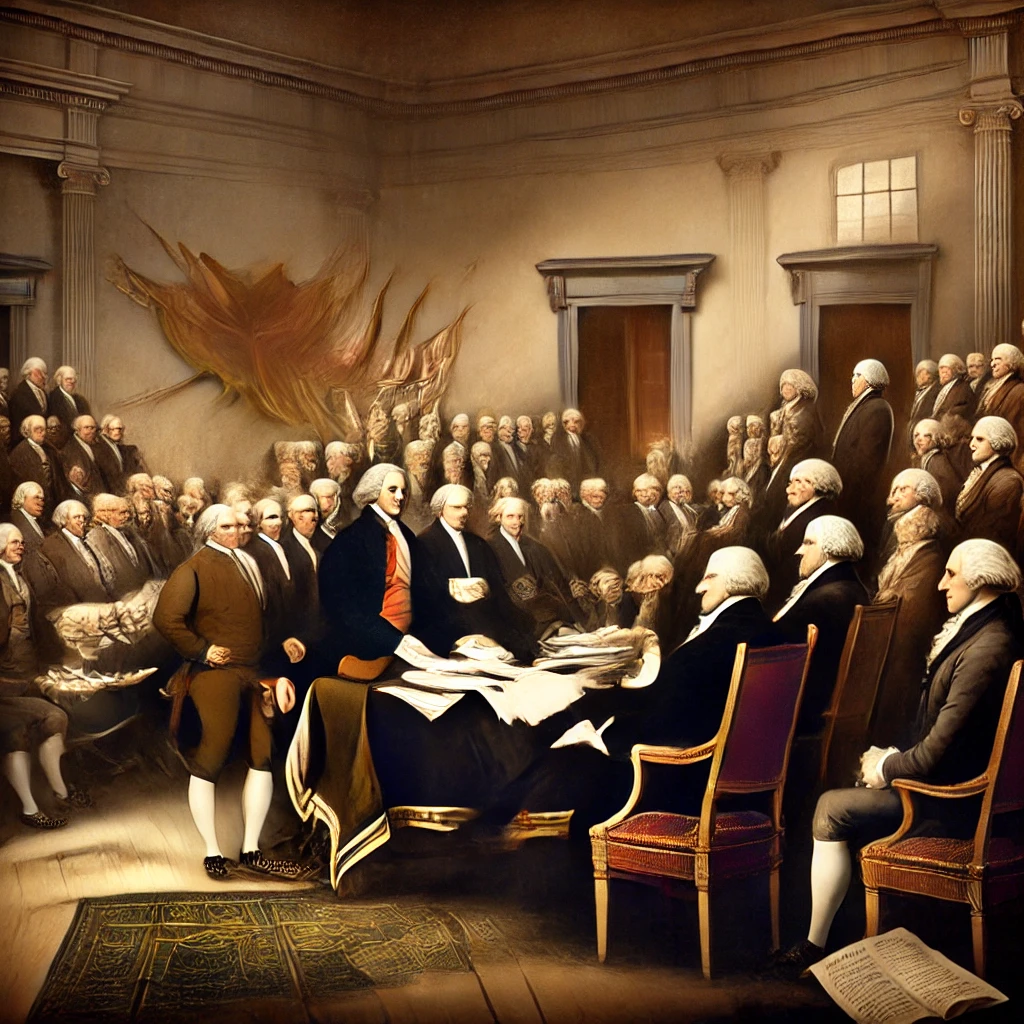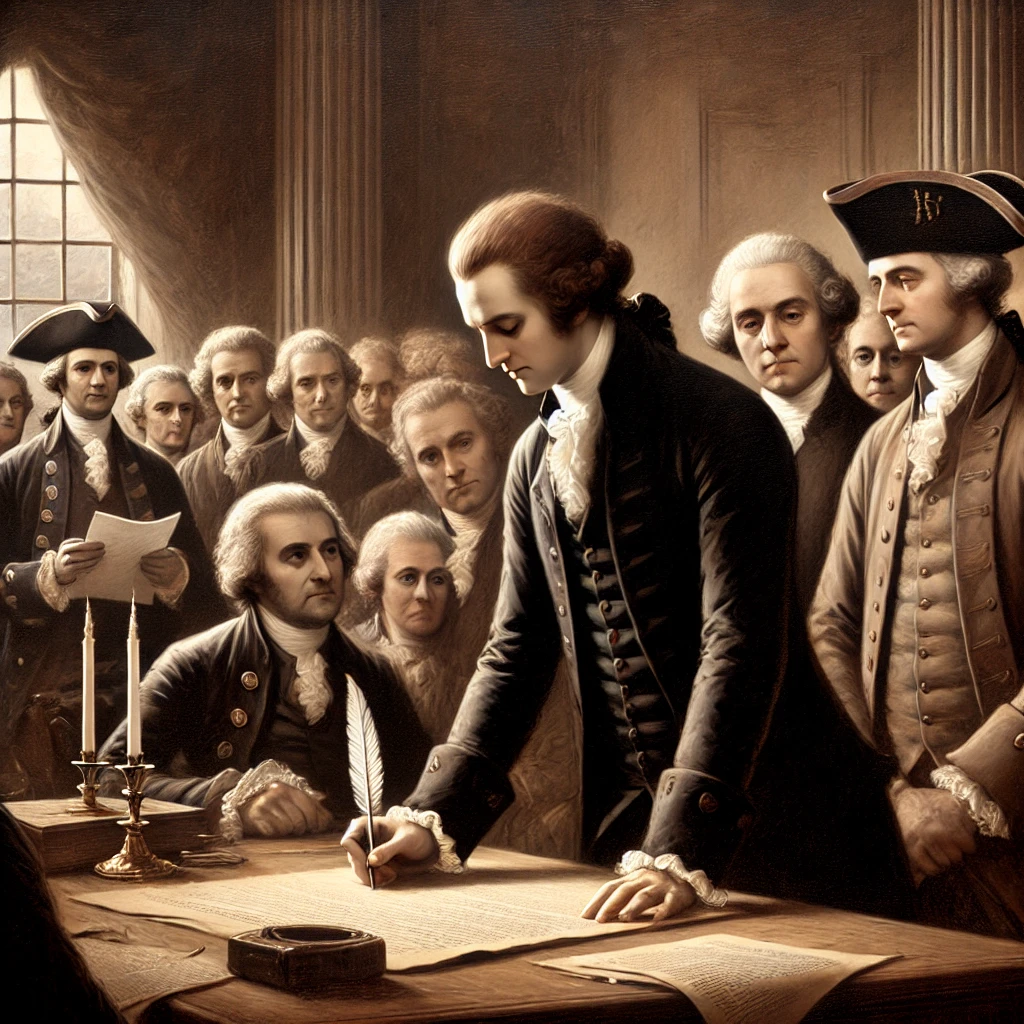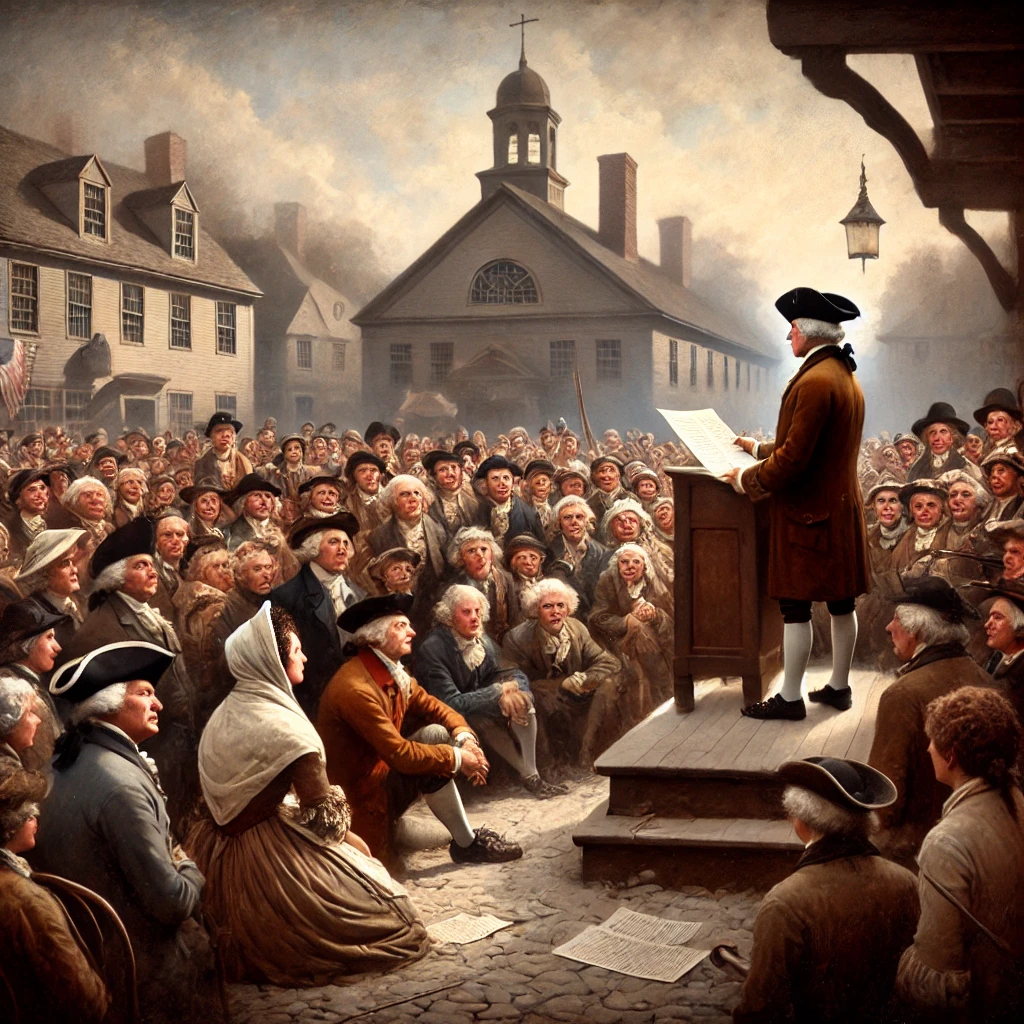On November 15, 1777, the Continental Congress adopted the Articles of Confederation, marking a pivotal moment in American history. This foundational document served as the first constitution of the United States, establishing a framework for governance that would guide the newly independent states during a critical period. The Articles of Confederation represented the early attempts to unify the states under a common government, laying the groundwork for the eventual development of the U.S. Constitution in 1788.

Context of the Articles
The Articles of Confederation were drafted during a time of great upheaval and uncertainty as the American colonies sought to assert their independence from British rule. Following the Revolutionary War, the fledgling nation faced numerous challenges, including economic instability, territorial disputes, and the need for a cohesive response to external threats. The desire for a unified approach to governance prompted the Continental Congress to create a system that would bring the individual states together while preserving their sovereignty.
Drafted by John Dickinson and adopted by Congress, the Articles established a confederation of sovereign states with a weak central government. The focus on state autonomy reflected the colonists’ fears of centralized authority, shaped by their experiences under British rule. However, this design also presented challenges, as the central government lacked the power to impose taxes or regulate commerce, which ultimately hindered its effectiveness.

Significance and Limitations
The adoption of the Articles of Confederation marked an important step in the formation of a national identity and governance structure. The document outlined the responsibilities of Congress and established the basic principles of American government, including the separation of powers and the concept of collective decision-making. It also set a precedent for future governance and constitutional development, influencing the drafting of the U.S. Constitution.
However, the limitations of the Articles soon became apparent. The inability of the central government to raise revenue or enforce laws led to significant difficulties in addressing the nation’s economic and security challenges. Disputes among states and a lack of effective leadership prompted calls for reform, ultimately culminating in the Constitutional Convention of 1787. There, delegates would craft a new constitution that addressed the shortcomings of the Articles and established a stronger federal government.
The Lasting Legacy
Despite its shortcomings, the Articles of Confederation played a crucial role in shaping the early years of American governance. The experience of working under the Articles informed the framers of the Constitution, as they sought to create a more balanced system that would provide for a stronger central authority while still respecting state sovereignty. The lessons learned from the Articles underscored the importance of compromise and cooperation in building a functioning government.

Today, the Articles of Confederation are recognized as a significant part of American history, serving as a reminder of the nation’s journey from a loose confederation of states to a more unified and powerful federal government. The challenges faced during this period laid the foundation for the enduring principles of democracy and governance that continue to shape the United States.
The adoption of the Articles of Confederation on November 15, 1777, represents a critical moment in the formation of the United States. As the first constitution, it established a framework for governance that guided the nation during its formative years. While it ultimately revealed the need for a stronger central government, the Articles laid the groundwork for the future development of the U.S. Constitution. Reflecting on this pivotal event, we acknowledge the complexities of governance and the ongoing pursuit of a balanced and effective system that continues to evolve in American democracy.
